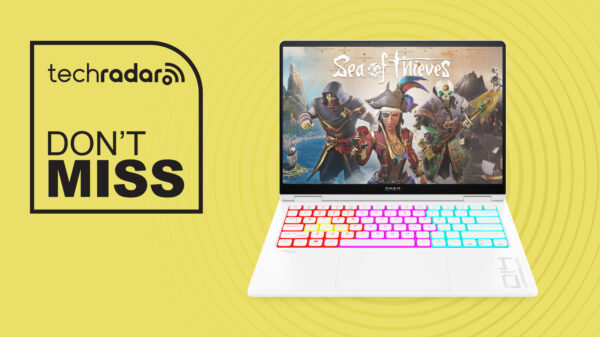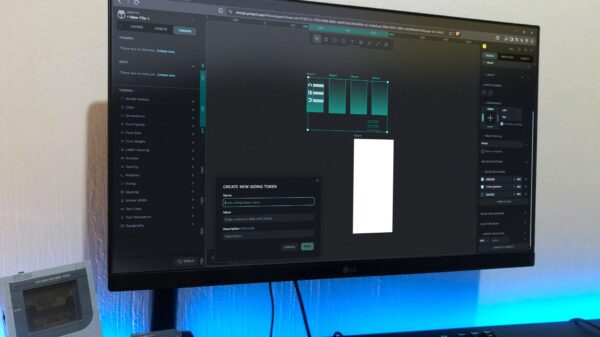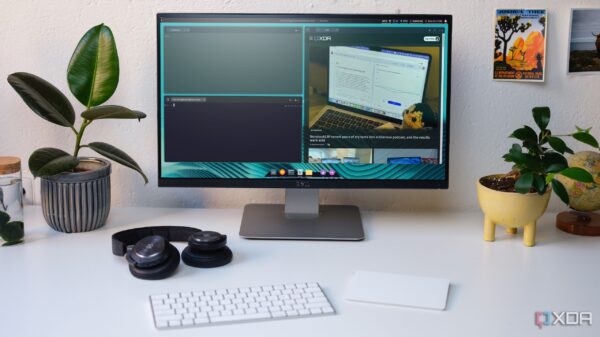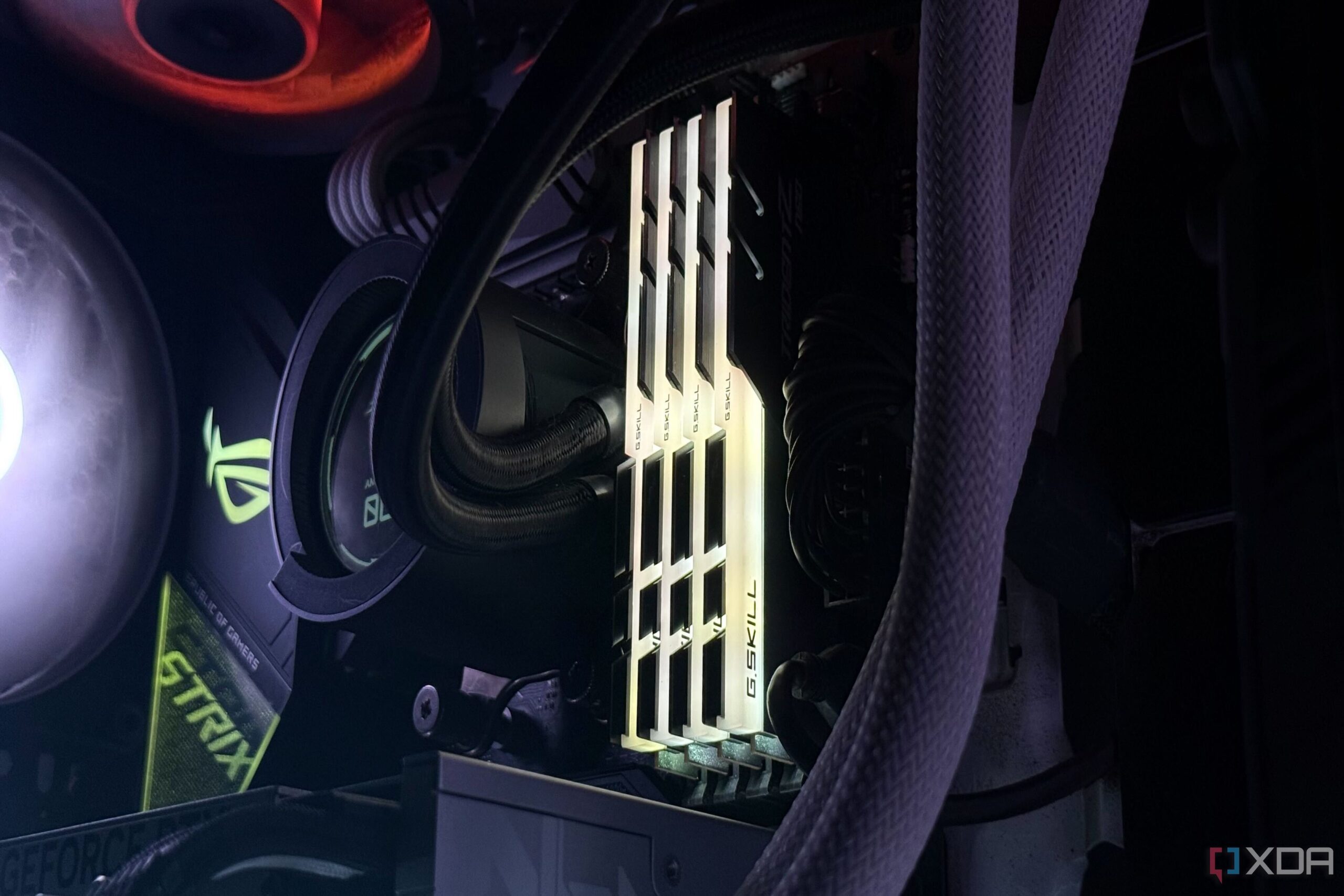URGENT UPDATE: Tech experts are raising alarms over the potential pitfalls of using four RAM sticks in PC builds, especially on DDR5 motherboards. Users are urged to reconsider their configurations following widespread reports of stability issues and performance limitations.
Recent findings indicate that filling all four DIMM slots can severely strain a CPU’s memory controller, leading to decreased stability and overclocking capabilities. This is particularly problematic for gamers and professionals who require optimal performance from their setups.
Users who initially chose four 16GB modules instead of two 32GB sticks are now facing serious repercussions. One user, who experienced random freezes and blue screens of death after upgrading to the Ryzen 7 5800X3D, shared their frustration: “It was fine with the Ryzen 9 5900X, but the new CPU’s memory controller just couldn’t handle it.”
This trend is alarming as more gamers and tech enthusiasts are migrating to DDR5, which is already demanding on the memory controller. Experts warn that populating all four slots often results in the inability to hit rated speeds, forcing users to lower frequencies or increase voltages just to maintain stability.
As highlighted by multiple tech sources, including user experiences from popular forums, the complications arising from using four sticks can include:
– Reduced overclocking headroom
– Increased risk of boot failures
– Higher likelihood of memory errors
Furthermore, the compatibility issues can persist even with BIOS updates or motherboard changes. Notably, any minor adjustments in firmware tuning could trigger significant stability challenges.
Experts recommend that PC builders focus on two higher-capacity modules rather than filling all DIMM slots for aesthetic appeal. As one industry professional stated, “Chasing looks can lead to headaches. Stability should always come first.”
The consensus among tech enthusiasts is clear: if you’re considering a RAM upgrade, opt for two 32GB sticks for a hassle-free experience. For those who still desire a fully populated aesthetic, brands like Corsair offer dummy RAM modules designed to mimic the look of real RAM while maintaining system performance.
In conclusion, the urgent takeaway for PC builders is to prioritize system stability over appearance. As technology evolves, making informed decisions based on current performance insights is crucial for a seamless computing experience.
Stay tuned for further updates as this story develops, and share this information with fellow tech enthusiasts to help them avoid potential pitfalls in their builds.








































































